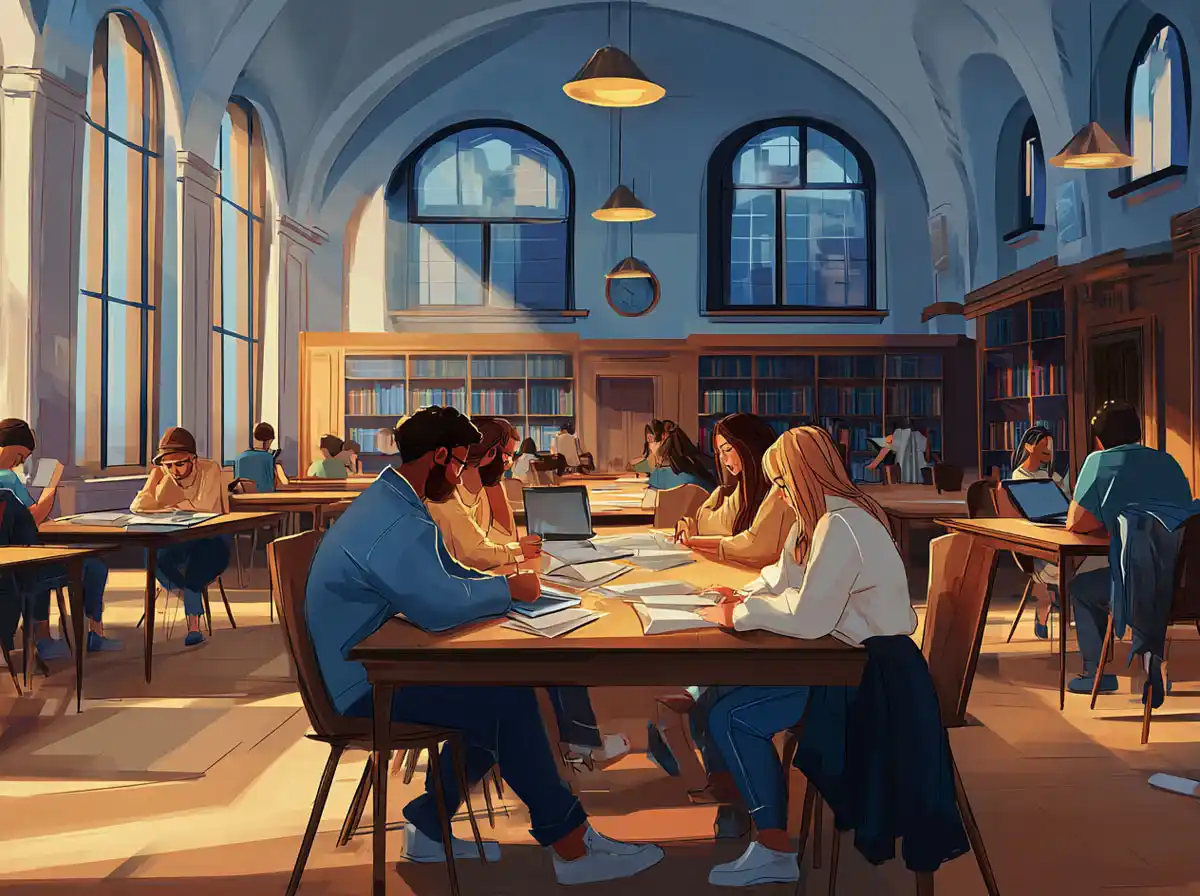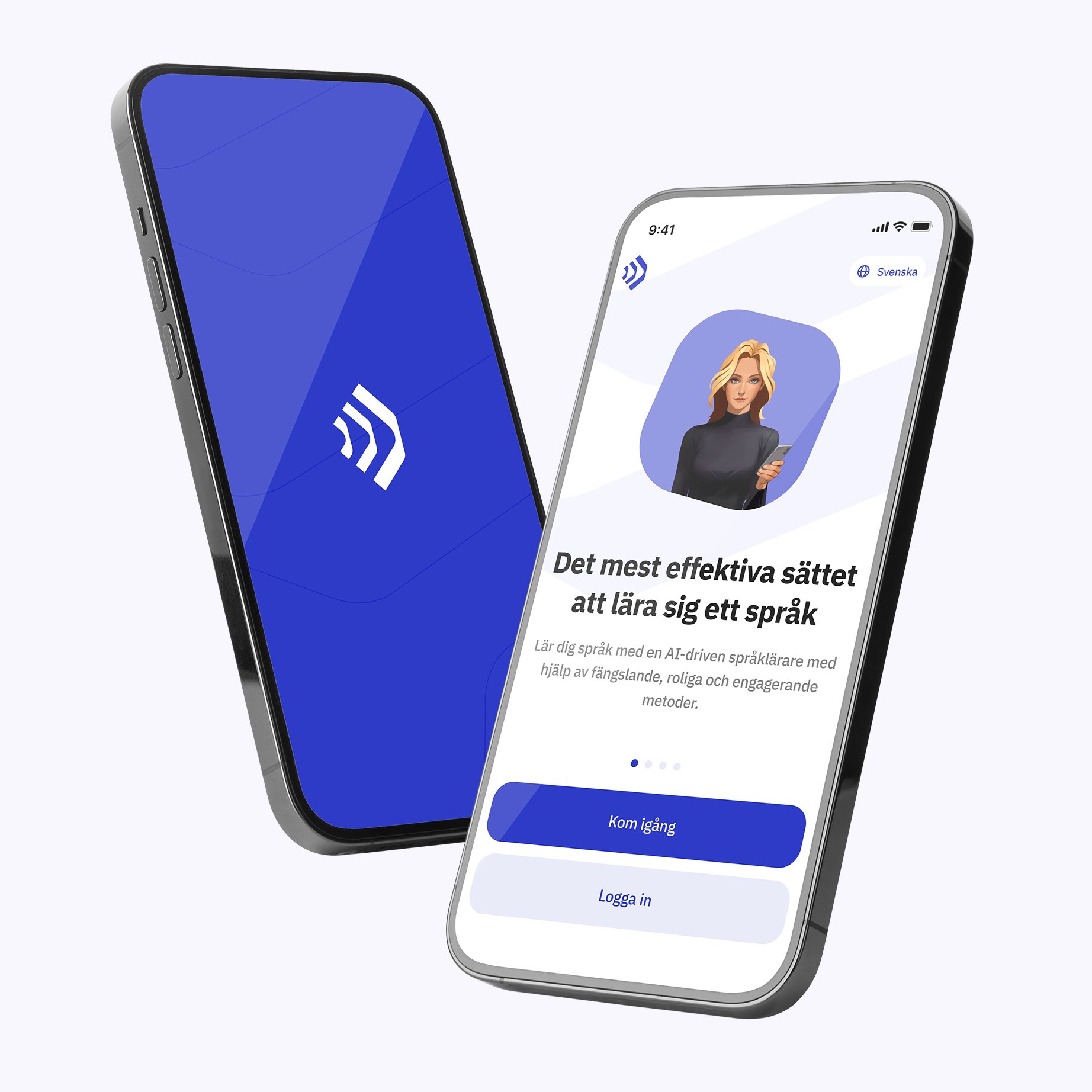Tillämpningen av tidslinjeövningar kan öka elevernas språkliga precision och bidra till deras förmåga att kommunicera mer exakt. Detta är viktigt inte bara i skrift utan även i talspråk. Nedan finns två övningar som fokuserar på att fylla i rätt form av verbet, vilket stärker elevernas förståelse för engelska tempus och dess användning i sammanhang.
Övning 1: Fyll i rätt verbform för att fullborda meningen.
Yesterday, I *went* (go) to the store to buy some groceries.
Right now, he *is* (be) in the middle of an important meeting.
They *have* (have) already seen that movie twice.
When I was a child, I *used* (use) to play in the park every day.
By this time next week, we *will* (will) have completed the project.
She *is* (be) going to start her new job on Monday.
The sun *rises* (rise) in the east and sets in the west.
If you need help, I *will* (will) be there for you.
Before the clock struck twelve, Cinderella *had* (have) to leave the ball.
Every morning, he *jogs* (jog) around the neighborhood for 30 minutes.
I *cannot* (cannot) believe you have never tried sushi before!
Laura *was* (be) watching TV when the power went out.
If he *saves* (save) enough money, he will buy a new bicycle.
As soon as the play *begins* (begin), the audience becomes silent.
No matter how hard I try, I *can* (can) never remember his name.
Övning 2: Välj rätt form av verbet för att komplettera meningen korrekt.
Whenever it *rains* (rain), the flowers seem happier.
By the time she arrives, the concert *will* (will) have started.
Tomorrow, I *am* (be) going to visit my grandparents.
She *has* (have) been living in Paris for three years now.
As a kid, he *would* (would) always spend his summers at the lake.
I *used* (use) to think that I would never learn another language.
He *didn’t* (do not) understand the assignment, so he asked for help.
Before they *moved* (move) to London, they lived in Manchester.
If I *had* (have) more time, I would travel the world.
Next semester, she *is* (be) going to study abroad in Spain.
Every week, we *meet* (meet) to discuss the progress of our project.
The teacher said that we *could* (can) use our notes during the exam.
Jack *works* (work) hard so that he can take care of his family.
They *were* (be) playing soccer when it started to rain heavily.
By the age of five, Mozart *was* (be) already composing music.










